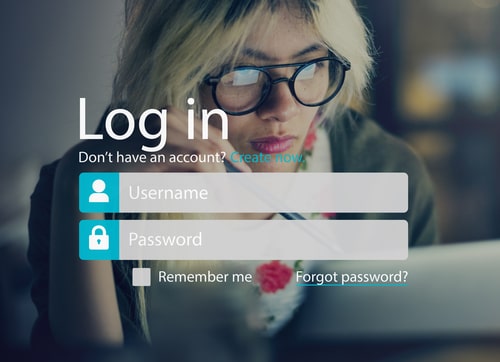What is Digital Estate Planning, and Why is it So Important?
 Consider the last time you shared pictures of your grandchildren or your latest vacation with your friends. Were the pictures in a physical photo album? If you are like most people, your recent photographs are likely on your smartphone, tablet, or computer. Every day, our lives are becoming more and more digitalized.
Consider the last time you shared pictures of your grandchildren or your latest vacation with your friends. Were the pictures in a physical photo album? If you are like most people, your recent photographs are likely on your smartphone, tablet, or computer. Every day, our lives are becoming more and more digitalized.
A crucial part of estate planning is determining what happens to online accounts and digital assets. E-mail accounts, photographs, videos, social media accounts, and smartphone applications are just some of the thousands of digital assets you probably own. Planning for how these assets should be managed upon your incapacitation or death is a crucial aspect of estate planning.
Create a Written Plan for Online Accounts to Reduce Your Family’s Burden
When someone passes away, their surviving family members are often left scrambling to figure out online bank passwords, social media passwords, the locations of family photographs on your computer, or contact lists. Anyone who has ever tried to recover a lost password knows how incredibly infuriating it can be – especially now that so many accounts require two-factor authentication.
Make the process of settling your final affairs easy on your surviving family by creating a plan addressing these issues. Write down your passwords or use a master password manager such as LastPass or NordPass and write down the master password in a safe location. Make sure that the executor of your estate or another trusted friend or family member will know where to find the passwords.
Create an inventory of your digital property, including social media accounts, email accounts, photographs and videos, digital documents, music, movies, cryptocurrency, and anything else important to you that is stored on an electronic device or in the “cloud.”
Explain your wishes regarding your digital assets and online accounts. For example, do you want your Facebook and other social media accounts to be deleted upon your death, or can they stay open for a period of time? Some people like to leave messages on a deceased person’s social media account as a way of processing their feelings or recounting happy memories with the deceased person. However, you may feel more comfortable knowing that those accounts are closed upon your death.
The Revised Uniform Fiduciary Access to Digital Assets Act gives power of attorney agents and personal representatives the authority to retrieve your pictures and close social media accounts down. As you create your estate plans, make sure you give written permission to the appropriate individuals using the language from this Act so they can access your accounts.
Contact our Naperville Estate Planning Lawyers
Planning for your online accounts and digital assets is just one of the issues you will need to address as you create your estate plans. For dependable, skilled guidance during the estate planning process, contact the experienced Naperville estate planning attorneys at the Gierach Law Firm. Call our office at 630-756-1160 today for a confidential consultation.
Source:
https://www.kiplinger.com/retirement/easy-steps-for-digital-estate-planning
Practice Areas
Archive
+2016
+2013
Please note: These blogs have been created over a period of time and laws and information can change. For the most current information on a topic you are interested in please seek proper legal counsel.














